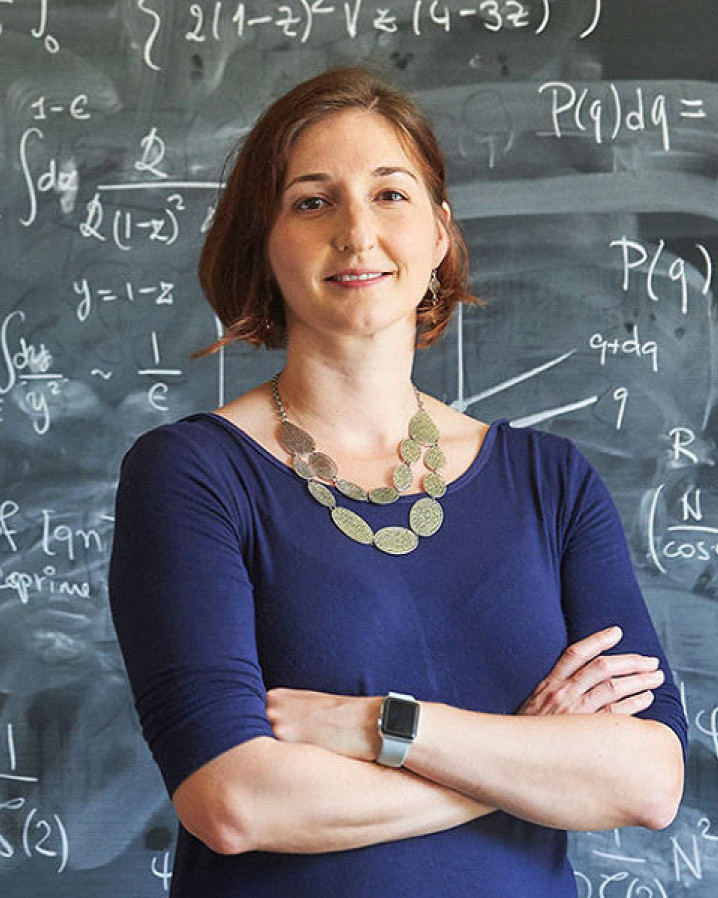
As part of the Physics of Life seminar series, Professor Lisa Manning from Syracuse University will be delivering the following talk:
Title
How do single cells program collective behavior at the scale of tissues?
Abstract
In multicellular organisms, properly programmed collective cell motion is required to form tissues and organs, and this programming breaks down in diseases like cancer. Recent experimental work highlights that some organisms tune the global mechanical properties of a tissue across a fluid-solid transition. In the “fluid” phase, cells change neighbors and the global shape of the tissue deforms, while in the “solid” phase cell motion is prohibited and the tissue responds elastically via stretching and buckling. What is the physical origin of such rigidity transitions and how do cells control them? I will discuss our theoretical and computational work to understand what causes these transitions, and demonstrate that our theoretical predictions with no fit parameters explain detailed features of body axis elongation in the fruit fly and the architecture and dynamics of epithelial cell culture. I will also discuss possible biochemical pathways and cellular processes that individual cells may utilize to alter mechanical properties at the tissue scale.
Visit the Physics of Life website to find out more.


